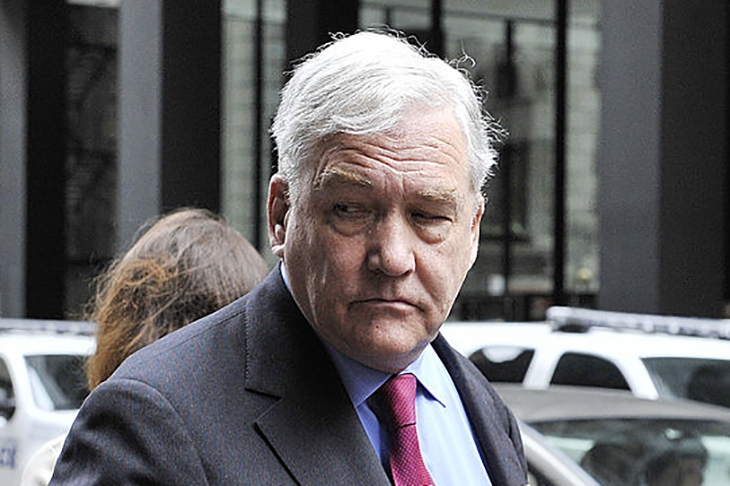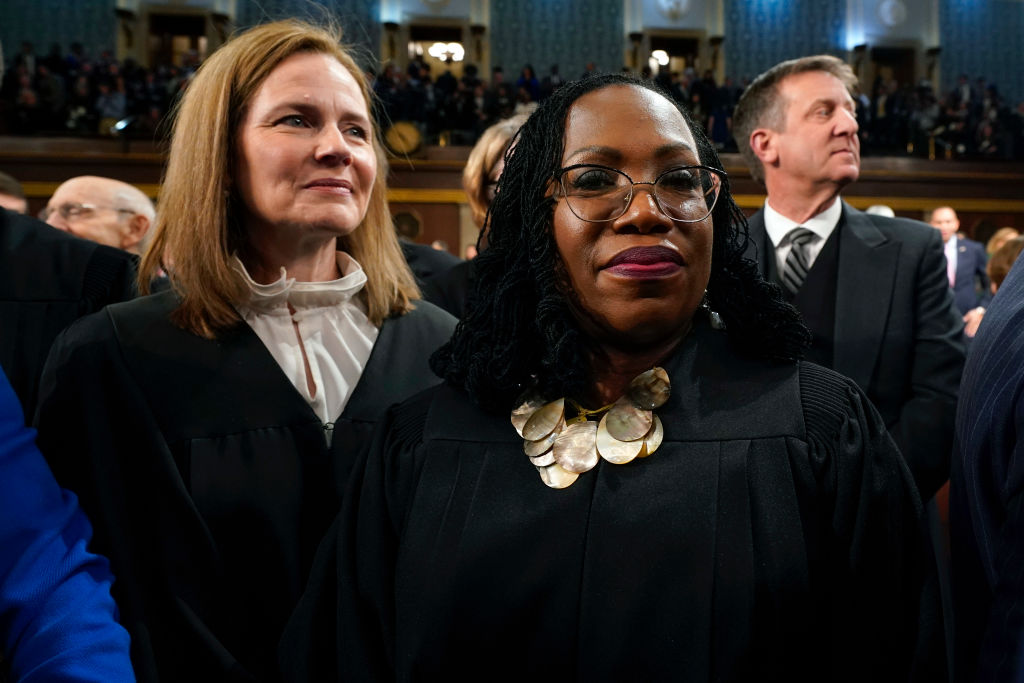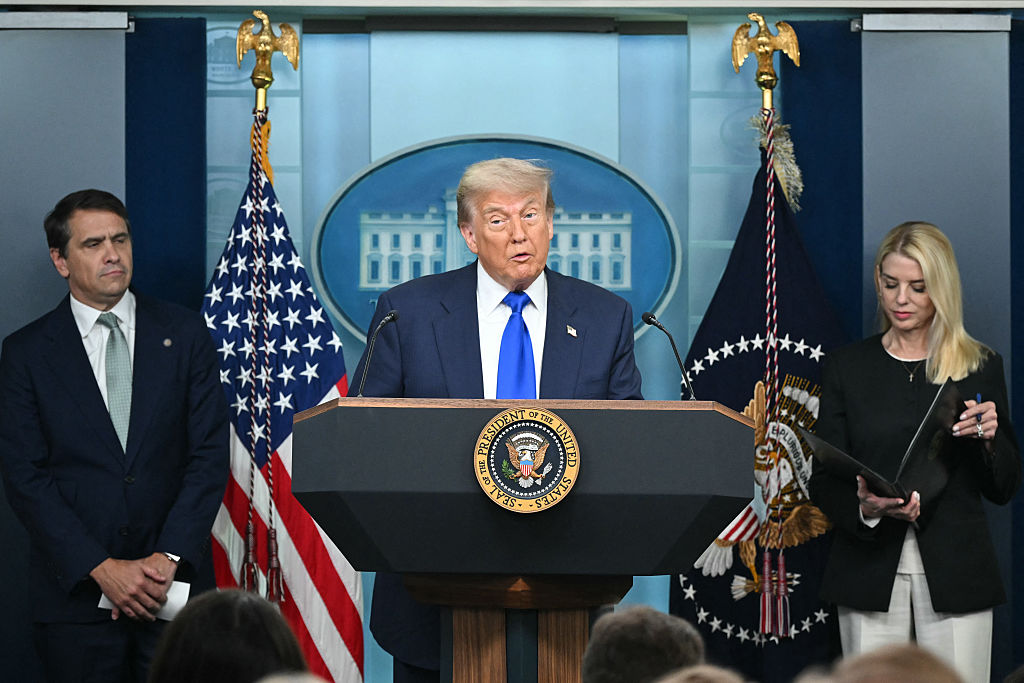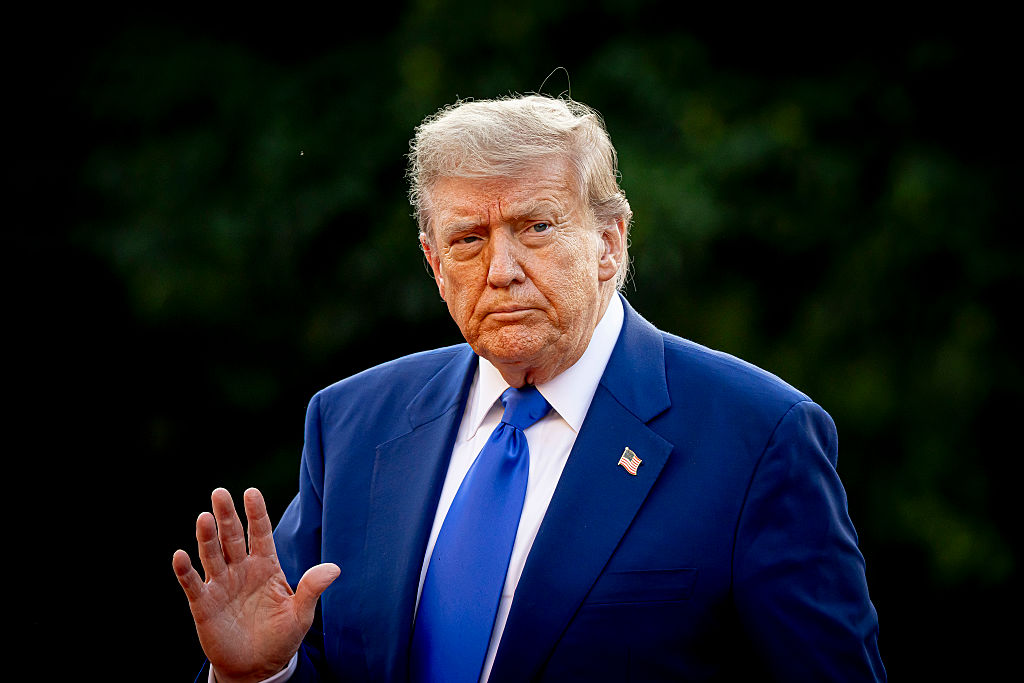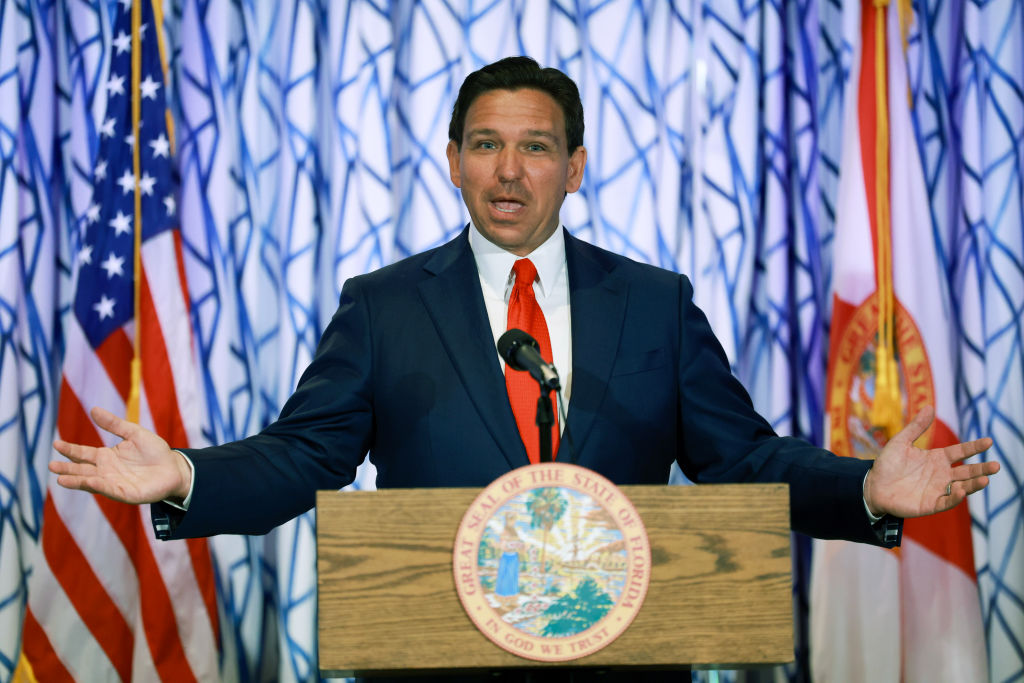Granting a full pardon to Conrad Black is the first sensible thing that Donald Trump has done. Black is being depicted as a ‘fraudster’ by his detractors but I see something entirely different — a brave, fearless, and audacious intellect that has refused to truckle to the dictates of political correctness. When it comes to the verdicts against Black, as Matt Gurney observes in the National Post, Black’s adversaries never even stop to contemplate whether or not they were just. Ever since Trump was elected, I’ve been waiting for him to efface this lamentable stain on Black’s escutcheon. The surprising thing is not that he did it, but that it took Trump this long.
As it happens, I’ve never met Black but enjoyed the privilege of publishing him several times at the National Interest, where he serves on the advisory council. I have never failed to receive an essay that was less than a mighty waterfall of prose, gushing with arguments and ideas that sweep away everything in their path with contemptuous ease, leaving his foes stranded and marooned on the outer banks of intellectual thought. He is a modern-day Dr Johnson in the vigor of his judgments and the dignity of his prose. Mind you, I don’t always agree with Black’s effusively admiring verdicts about Trump. No matter. They are a pleasure to read for their sheer panache and lucidity.
The fact is that Black has shown a fine discrimination in his own writings over the past few decades. Consider his biography of Franklin D. Roosevelt. Black had no hesitation whatsoever about deeming him the greatest American president of the past century, the savior of American democracy. His biography is positively pullulating with cogent insights. Writing in the New York Times, the historian Alan Brinkley thus lauded Black for producing a work of true merit:
‘This enormous book is also one of the best one-volume biographies of Roosevelt yet. It is not particularly original, has no important new revelations or interpretations and is based mostly on secondary sources (and rather old ones at that). But it tells the remarkable story of Roosevelt’s life with an engaging eloquence and with largely personal and mostly interesting opinions about the people and events he is describing.’
Indeed, Black would have none of the stuff and nonsense that some on the right have purveyed about FDR. In an essay in National Review, for example, he took some of the more outré fabulists about the Roosevelt record to task:
‘I hope it is useful to recount the salient facts, so obscured have they become in cant and emotionalism. The much-maligned Roosevelt was the only leader of a major power in the Thirties not to be ashamed of: neither a totalitarian dictator (Hitler, Stalin), nor a strutting mountebank of a dictator (Mussolini), nor an appeaser of dictators (Baldwin, Chamberlain, Daladier, et al.). He warned the French not to allow German remilitarization of the Rhineland in 1936, and was skeptical about Munich: He instructed his ambassador in London, the unfortunately selected Joseph Kennedy, that he could not congratulate Chamberlain on Munich, other than personally and verbally only.’
Whether Trump has even a nodding acquaintance with Black’s majestic corpus may be wondered. I also doubt that many of his critics, who are frothing at the mouth about his pardon, are even aware of it. That is their loss. ‘The chief glory of every people,’ Dr Johnson observed, ‘arises from its authors.’ Black’s writings alone are more than enough to make the case that seldom has anyone deserved a pardon more than him.



